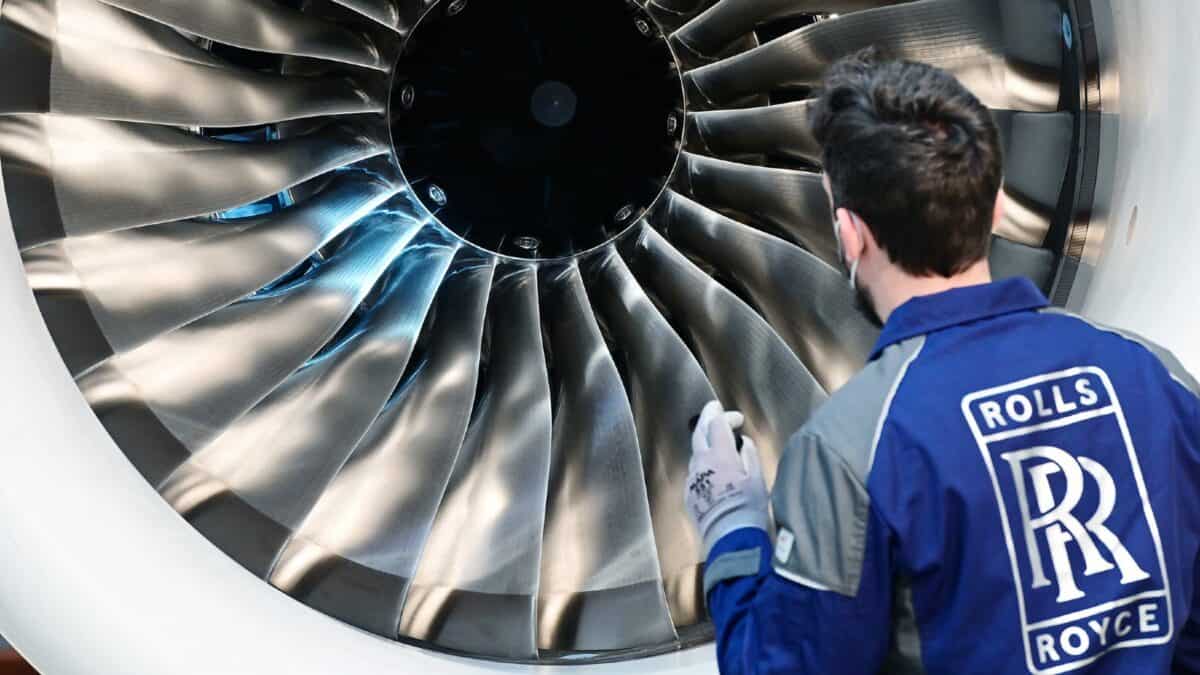The Rolls-Royce (LSE:RR) share price has been on a mighty recovery from its pandemic lows. The same hasn’t been true of FTSE 250 stock Carnival (LSE:CCL), though.
The two companies have a lot in common, in terms of their economics and their exposure to macroeconomic cyclicality. It’s therefore natural to wonder whether or not Carnival could be the next Rolls-Royce.
Business models
There are a lot of similarities between Rolls-Royce and Carnival. Both are heavily dependent on travel demand, both have high fixed costs, and both have the same issues with things like inflation driving up prices.
Should you invest £1,000 in Kier Group Plc right now?
When investing expert Mark Rogers has a stock tip, it can pay to listen. After all, the flagship Motley Fool Share Advisor newsletter he has run for nearly a decade has provided thousands of paying members with top stock recommendations from the UK and US markets. And right now, Mark thinks there are 6 standout stocks that investors should consider buying. Want to see if Kier Group Plc made the list?
As a result, it’s not surprising that both saw their total debt jump significantly during the pandemic. With most of their operating costs intact, but most of their revenues gone, borrowing became the only way to stay solvent.
Rolls-Royce vs. Carnival Total Debt 2014-24

Created at TradingView
The problem is that this kind of balance sheet damage can weigh on margins. Higher debt means higher interest payments, which in turn weighs on profitability.
Both companies are making progress in bringing their debt back down to pre-pandemic levels, but Rolls-Royce is further ahead. As Carnival catches up, there’s a chance its earnings – and share price – could get a boost.
Free cash flows
The thing that really jolted the Rolls-Royce share price into life was the return of travel demand. This began to kick free cash flow into life, which allowed the company to start reducing its debt.
Demand for cruises has also surged to pre-pandemic levels, though. And while it hasn’t fully recovered yet, Carnival’s free cash flow has also been rising sharply over the last couple of years.
Rolls-Royce vs. Carnival Free Cash Flow 2014-24

Created at TradingView
This has the power to begin a positive cycle for the business. Higher free cash generaion allows the company to reduce its debt, which should boost its credit rating, leading to lower debt costs and more free cash generation.
That’s what has been happening with Rolls-Royce, causing the share price to jump 172% over the last year. And while the Carnival share price is up 42%, it hasn’t had the same recovery.
Operating expenses
The obvious question is why Carnival shares haven’t fared as well as Rolls-Royce. The answer that stands out is the company hasn’t taken as drastic action to bring down its costs.
Both during the pandemic and under its new management, the FTSE 100 engine manufacturer has been attempting to become more efficient. Operating costs are now below their pre-pandemic levels.
Rolls-Royce vs. Carnival Operating Expenses 2014-24

Created at TradingView
Carnival hasn’t managed to achieve the same efficiencies. Its operating expenses are still significantly higher than they were before the pandemic, which is weighing on margins and profits – and thus the share price.
This looks like the biggest difference between the two companies. For all their structural similarities, one has taken drastic action to cut costs and the other hasn’t.
A buying opportunity?
Demand for cruises has recovered just as strongly as air travel. But the Carnival share price hasn’t produced the same explosive gains since the lifting of the travel restrictions that the Rolls-Royce share price has.
The company is clearly in the process of bringing down its debt. But with operating costs still at much higher levels than 2019, I think the recovery in the stock could be much slower.








